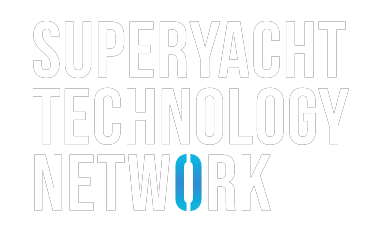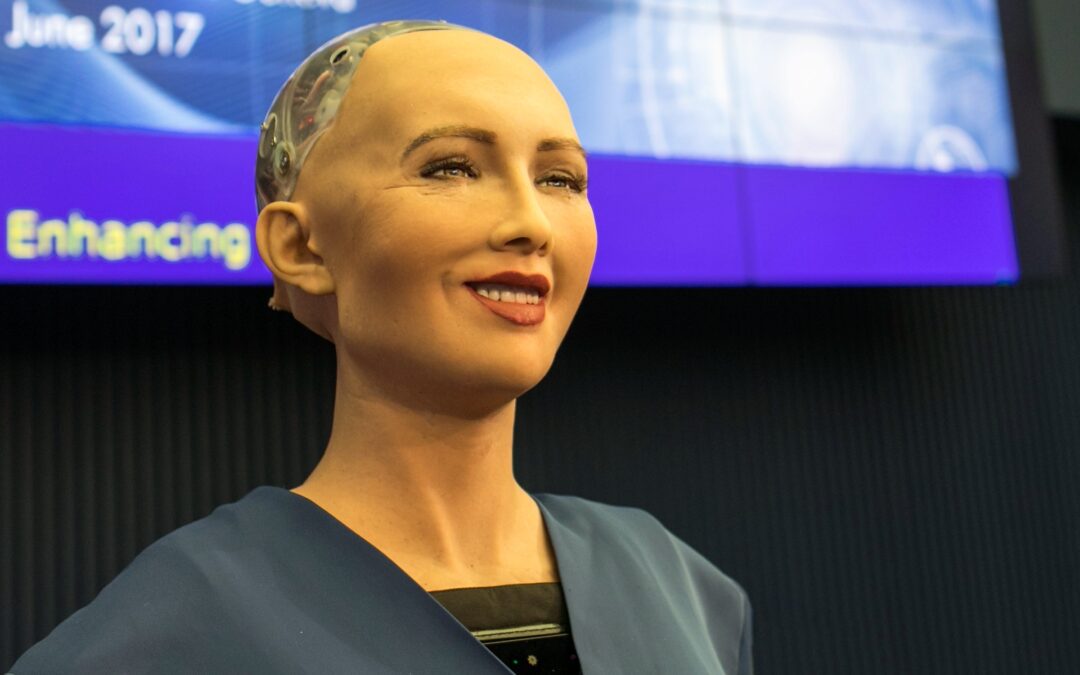We all know the robots are coming but by looking at the commercial sector we can take a look at the potential future of superyachts…
We take a snap look at a few key areas.
Applied sciences that would shake the maritime world can come from all angles. However the greatest hitters in the next 12 months will likely be those who change the face of IT and digitalization within the superyacht sector. Yacht owners will already be very conscious of the changing face of ship emissions and smarter fleet management, however, are they conscious that developments in robotics, digital currencies, and deep learning computers are additionally set to impact on our future?
As in 2019, there will likely be advanced in a number of computer-based applied sciences however there will likely be some curveballs that can change the character of maritime operations and the enterprise of delivery. Higher ranges of automation and digitalization of processes will have an effect on day by day operations. Right here we contemplate a few of the highest applied sciences that would, or ought to, convey constructive influences and operational advantages to future of superyachts.
Deep studying
Computer systems are getting smarter and IT giants, reminiscent of Amazon and Google, are utilizing deeper more advanced machine learning to understand their sectors better. These corporations are becoming more serious about shipping and transferring their technologies to other sectors.
Amazon is building graphical processing units utilizing deep learning and Microsoft is utilizing field programmable gate arrays. Google is developing neural networks and machine learning on tensor processing models, these are application-specific integrated circuits.
These technologies allow the firms to learn more about their customers and develop superior data centers. Maritime organizations may use these applied sciences within the new generation of operations hubs that are beginning to emerge, such as the one being developed by classification societies and onboard system suppliers ABB, Wärtsilä and Rolls-Royce.
Synthetic intelligence
World IT expertise is at a stage where computer systems and automation methods have gotten extra clever. This takes machine learning in a totally different direction and applications that will allow autonomous surface vessels to navigate without human interplay. Intelligence is required for vessel computer systems to understand the environment and maritime conditions they encounter.
Algorithms can present onboard computer systems with strategies for fixing issues which are usually encountered and could be predicted. However what about those that can not be forecast? For these, artificial intelligence will likely be required. There are other functions in maritime security as this intelligence can be utilized in image, video, and audio recognition.
Industrial IoT
Could the Internet of things (IoT) is make inroads into the Superyacht sector?
There are more varied applications of IoT. This technology is getting used for monitoring onboard equipment for performance management and predictive maintenance purposes. The continued growth of IoT technology utilizing deep learning computer systems and high-volume data analytics on shore will deliver greater benefits for yacht owners in the future.
Blockchain
This process of technology will revolutionize supply chain logistics and trade over maritime routes. It’s enabled by the growth in digital currencies as strategies of procuring merchandise and buying and selling services. This can develop from a fledgling industry process towards a mainstream methodology of transacting in maritime and global supply chains.
IT heavyweights are getting into the market and consolidating their products, based around a growth within the variety of digital currencies in circulation. The main ones, known as Bitcoin and Ethereum, will likely be joined by newcomers Litecoin, Sprint, and Ripple and a whole host of superyacht specific bitcoin traded currencies.
There will be growing recognition that blockchain processes can enhance cyber safety in maritime transactions, even with future developments in cloud computing and machine studying. Blockchain and digital currencies allow safe computer-to-computer transactions that will minimize the intervention of people in these processes.
Augmented actuality
AR is being developed for maritime applications and has been demonstrated on ship bridges and remote working centers to deliver totally different ranges of information to end-users. Rolls-Royce is using AR technology in its remote operating center demonstrator in Copenhagen, Denmark. The primary AR software on a commercial ship is likely to come in 2019.
Digital actuality
VR and gamification processes are creeping into training technology and shipping can expect the first business program to be available in 2018. VR and AR will also be used for ship design and engineering processes by evaluating ship interiors, piping necessities, electrical networks and personnel movements in emergencies. VR is likely to be introduced on superyachts for guest entertainment and for demonstrating what ought to occur in emergencies.
Robotics
Even though robotics research has been carried out for a long time, robotics adoption has not flourished in maritime. Nonetheless, with rising curiosity in growing autonomous vessels, there will likely be larger want for robotics. Taking people off ships not solely results in navigational issues, but also adds challenges to upkeep and different manual operations, such as line handling. Maybe robots could be constructed to carry out these operations with remote management help.
Cyborg crew
Developments in wearable technology have developed methods for people to monitor their very own well being and efficiency, such as heart rate, collected steps or sugar ranges. This technology can be extended to provide this type of info to employers, something that management needs to be interested in. Taking this technology a stage further may very well be the implantation of monitoring sensors to supply health and efficiency data in real-time.
These applied sciences can have major impacts on yachts. Some are already well advanced, whereas others are still in early growth. Virtually all of those are already in use in different industries and just need a trigger for them to be adopted in superyachts.
By Jack Robinson Editor in chief





